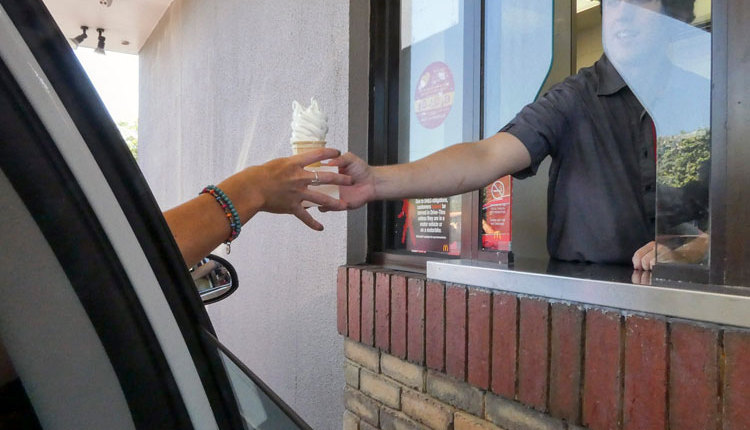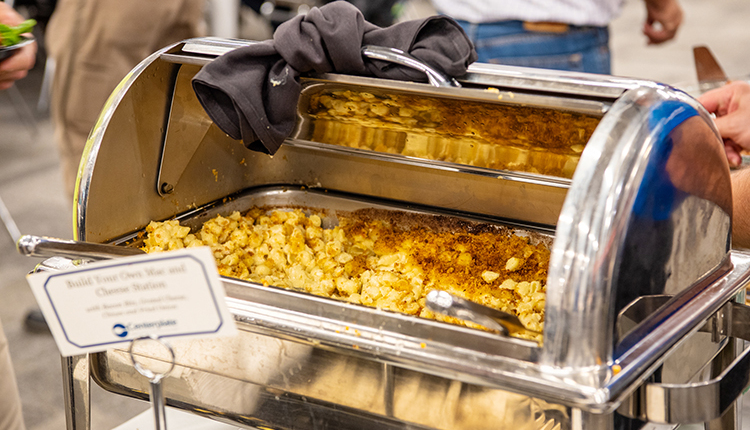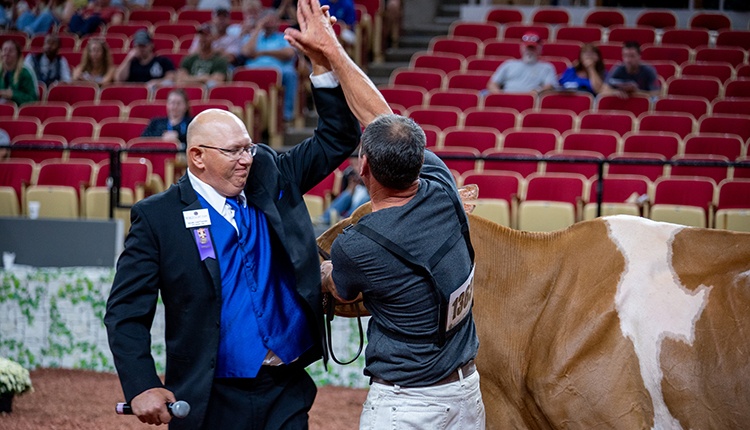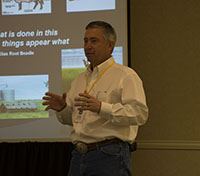 Earlier this month, I had the opportunity to become Beef Quality Assurance certified. My training session was taught by Kansas State University's Daniel Thompson, D.V.M. Thompson was the recipient of the Beef Checkoff's 2015 BQA Educator of the Year award.
Earlier this month, I had the opportunity to become Beef Quality Assurance certified. My training session was taught by Kansas State University's Daniel Thompson, D.V.M. Thompson was the recipient of the Beef Checkoff's 2015 BQA Educator of the Year award. Beef Quality Assurance (BQA) is a national program that raises consumer confidence by offering training in proper management techniques and a commitment to quality within every segment of the beef industry. Certification can take place in a classroom setting or online.
What does the training entail? Thompson explained that BQA has evolved over time. It started out focusing on residues, but now it includes welfare and best management practices, "things we have often just taken for granted in the past," he said.
The term "animal welfare" is defined differently by different people. For Thompson, "Animal welfare is doing the chores and taking care of the animals that take care of us."
BQA certification centers around the Five Freedoms of Animal Care:
- Freedom from abuse and neglect
- Freedom from thirst and hunger
- Freedom from discomfort
- Freedom from fear or distress
- Freedom from pain, injury or disease
Above and beyond improved animal care, BQA is a way to show consumers our commitment to raising animals and producing quality food. The public may question certain agricultural practices, but having a training program in place may alleviate some concerns and build consumer trust in the beef industry.
"BQA is going to be the cornerstone to allow us to keep using technology," commented Thompson.
Thompson concluded the training by saying, "Nobody cares about cattle more than the people in the beef industry." BQA certification is one way we can show consumers just how much we care.
From now through November 20, producers and those affiliated with the cattle industry can take advantage of free BQA online certification at www.bqa.org. This opportunity has been made possible through a partnership between Boehringer Ingelheim Vetmedica, Inc. and the Beef Checkoff funded BQA program. Take the time to get certified!
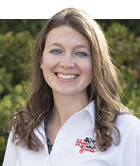
The author is an associate editor and covers animal health, dairy housing and equipment, and nutrient management. She grew up on a dairy farm near Plymouth, Wis., and previously served as a University of Wisconsin agricultural extension agent. She received a master's degree from North Carolina State University and a bachelor's from University of Wisconsin-Madison.






